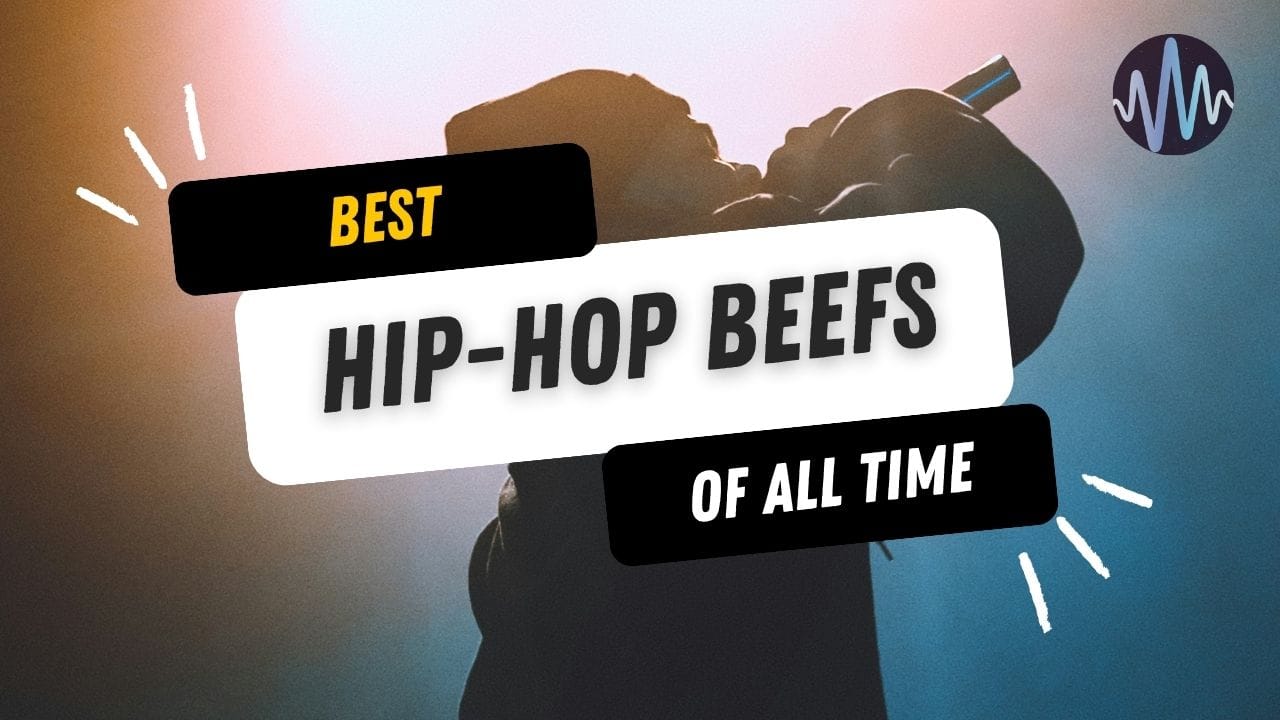
Hip-hop has always been about proving who's the best.
But sometimes that competitive spirit explodes into something bigger – feuds that don't just make headlines, they rewrite the rules of the game. Feuds that trash reputations and end careers.
Let’s crack straight on with eight massive hip-hop feuds, who they involved, and who came out on top.
1. East Coast vs. West Coast: When Friends Became Enemies (1994-1997)
Here's the scene: Two rising superstars, both destined for greatness, cooking steaks in a kitchen and laughing over Kool-Aid.
"Pac walks into the kitchen and starts cooking for us. He's in the kitchen cooking some steaks," an intern, named Dan Smalls, who worked with Biggie, recalled of the meeting.
"We were drinking and smoking and all of a sudden 'Pac was like, 'Yo, come get it.' And we go into the kitchen and he had steaks, and French fries, and bread, and Kool‑Aid and we just sittin' there eating and drinking and laughing...that's truly where Big and 'Pac's friendship started."
That was 1993. By 1996, those same two men – Tupac Shakur and Christopher "Biggie" Wallace – would be dead, victims of a feud that consumed hip-hop's soul.
It started with bullets in a Manhattan recording studio. Tupac arrived at Quad Studios that November night expecting to record a verse. Instead, he walked into an ambush – shot five times, beaten, and robbed.
The timing felt too convenient, the setup too perfect. When he saw Biggie and Puff Daddy in that same building afterward, his paranoid mind connected the dots.
Whether those dots were real or imagined didn't matter. Their brotherhood died in that lobby along with Pac's trust.
What followed wasn't just beef – it was war. Tupac, now aligned with Death Row Records and Suge Knight, unleashed "Hit 'Em Up," possibly the most vicious diss track ever recorded.
"Grab ya Glocks when you see Tupac. Call the cops when you see Tupac, uh, Who shot me? But ya punks didn't finish. Now ya 'bout to feel the wrath of a menace," went the hook, while Pac claimed he'd slept with Biggie's wife and declared war on the entire East Coast.
The beef split hip-hop down the middle. Fans chose sides. Radio stations banned songs.
The 1995 Source Awards became a powder keg when Knight took a dig at Puff Daddy at the 1995 Source Awards in New York City, where he invited artists to join Death Row.
The crowd's hostility was immediate and intense. When Dr. Dre won Producer of the Year, the boos only got louder.
That's when Snoop Dogg grabbed the mic and confronted the New York audience directly, essentially asking why the East Coast had no love for West Coast artists like him, Dre, and Death Row Records. His challenge to the crowd crystallized the regional tension that was tearing hip-hop apart.
The end came swiftly and brutally. Tupac was gunned down in Las Vegas on September 7, 1996, dying six days later. Six months after that, Biggie was shot and killed in Los Angeles.
With both Tupac and Biggie gone, the hip-hop world is left shattered. The East Coast vs. West Coast war dies with them.
This wasn't just the biggest beef in hip-hop history – it was a cautionary tale about what happens when art becomes reality, when competitive spirit turns deadly.
The culture learned from this tragedy, but the scars remain visible thirty years later.
2. Jay-Z vs. Nas: The Battle for New York's Crown (2001-2005)
By 2001, hip-hop had moved past the coastal wars, but New York still needed a king.
Loads of big names emerged from the wreckage, including Jay-Z, the hustler-turned-mogul, and Nas, a street poet from Queensbridge. What ensued was one of the greatest tussles in hip-hop beef history.
The tension had been brewing since 1996. Nas was supposed to appear on Jay's debut Reasonable Doubt, but never showed up to the studio session. When Nas dropped his own album weeks later, Jay heard what sounded like subtle shots aimed in his direction.
It took another step in 1997 when Jay-Z anointed himself New York City's best MC following the death of The Notorious B.I.G.
Then on Jay's 2001 album The Blueprint, the song "Takeover" rode a sample of The Doors' "Five To One" to mock Nas' waning popularity.
Nas's response "Ether" dropped on December 4, 2001. Nas didn't just go after Jay-Z – he systematically dismantled his entire Roc-A-Fella label. Most immediately recognized it as a decisive blow.
Nas was generally viewed as a more skilled rapper, but Jay-Z was rapidly gaining power in the game and had a pedigree that included rapping alongside the likes of Big L.
Nevertheless, Nas systematically destroyed everything Jay stood for, questioning his originality, his street credibility, and his sexuality.
"You seem to be only concerned with dissin' women/Were you abused as a child, hurt, go ahead and cry little boy?" and exposing him as a pretender to Biggie's throne ("How much of Biggie's rhymes is gon' come out your fat lips?").
Jay fired back with "Supa Ugly," getting so personal that the rapper received a public reprimand from his own mother. The winner? Well, Nas isn’t going to be lyrically dethroned by Jay-Z at the end of the day.
But Jay-Z obviously didn't stop there and quickly ascended to become one of the most influential figures in the scene. When they finally squashed it in 2005, both men were legends.
3. Ice Cube vs. N.W.A: One Man Against His Former Army (1991)
Sometimes the most devastating attacks come from within. When Ice Cube left N.W.A in 1989 over money disputes, his former brothers thought they'd seen the last of him. They were wrong. Dead wrong.
In 1991, Ice Cube finally revealed his reasons for going solo, using his song "No Vaseline" to savage Dr. Dre and Eazy-E, delivering what many consider the most savage diss track ever recorded.
Cube systematically destroyed each member of his former group, their manager Jerry Heller, and anyone else who'd crossed him. He questioned their manhood, their authenticity, and their business sense. The title itself suggested his former partners were getting screwed without protection.
What made it so fierce? Cube knew all their secrets. He'd been there for the come-up, the struggles, the personal moments. When you're dissed by someone who helped build your empire, there's nowhere to hide.
Not one to back down, Eazy-E responded with "Real Muthaphuckkin G's," which questioned whether Ice Cube was a legit gangster.
N.W.A tried to respond with "Real Niggaz Don't Die" and other tracks, but the damage was done.
The beef eventually cooled, but "No Vaseline" remains the gold standard for diss tracks – proof that sometimes the most dangerous enemy is the one who used to be family.
4. 50 Cent vs. Ja Rule: The Systematic Destruction of a Hitmaker (1999-2013)
Nobody understood the business of beef better than 50 Cent. His decade-long war with Ja Rule wasn't just about personal animosity – it was a calculated campaign to destroy a competitor and steal his market share.
The origin story starts in 1999 when one of 50's crew allegedly robbed Ja Rule for his chain. The retaliation was swift and brutal – Ja's associate, Black Child, stabbed 50 outside a studio. Most rappers would have taken that as a sign to let sleeping dogs lie. 50 saw it as a business opportunity.
At the time, Ja Rule was one of hip-hop's biggest stars, crafting pop-rap anthems with R&B singers that dominated radio and MTV. He was selling millions while 50 was grinding in the underground, building buzz with mixtapes.
But 50 spotted Ja's weakness. His success came from singing, not rapping, and hardcore hip-hop fans were starting to question his authenticity.
50's breakthrough hit "Wanksta" was essentially a Ja Rule diss disguised as a club banger.
When 50's major label debut Get Rich or Die Tryin' exploded in 2003, he used every platform to reinforce his narrative. In interviews, he painted Ja as a manufactured pop star. In songs like "Back Down," he dragged Ja's entire Murder Inc. crew into the beef, calling them out for lacking street credibility.
The pettiness reached legendary levels. 50 once bought 200 front-row tickets to a Ja Rule concert just to leave them empty, creating the visual of Ja performing to a half-empty venue. He bought his way into Ja's own shows just to humiliate him.
The beef proved that in hip-hop, perception becomes reality, and 50 Cent was the master of perception management. He didn't just win a rap battle – he destroyed a multi-million-dollar brand and captured its market share.
5. LL Cool J vs. Canibus: When Legends Clash with Newcomers (1997-2002)
LL Cool J made a big mistake in 1997: he underestimated a hungry battle rapper from Queens who'd spent years sharpening his skills in underground cyphers.
The beef ignited over something seemingly minor – a guest verse on LL's "4, 3, 2, 1" where Canibus rapped about his microphone tattoo. LL felt disrespected and demanded the line be changed. Canibus complied, but the seed was planted. Here was a veteran trying to censor a newcomer, and in hip-hop, that's blood in the water.
When Canibus dropped "Second Round K.O." in 1998, his flow was relentless, his wordplay was brilliant, and his passion was undeniable.
LL fought back with "The Ripper Strikes Back," using his veteran savvy and industry connections. LL had the legacy and the commercial success, but Canibus had the raw lyrical firepower.
Battle rap purists crowned Canibus the winner, but LL taught him a harsh lesson about the music business: winning the battle doesn't always mean winning the war.
LL's industry relationships and crossover appeal kept his career thriving, while Canibus struggled to translate his lyrical victories into commercial success.
6. Drake vs. Pusha T: When Secrets Are Weaknesses (2018)
In a 2019 interview with RapRadar, Drake admitted that he was the loser in this long-time feud. He called the debacle his "first loss in the competitive sport of rapping."
The beef that sparked Drake's feud started years earlier. But it exploded in 2018, when on May 25, 2018, Pusha T released his third studio album, Daytona, produced by Kanye West.
The album's last track, "Infrared," accuses Drake of using ghostwriters. Drake responded with "Duppy Freestyle," a solid comeback that surprised some.
Then Pusha pushed things harder. "The Story of Adidon" was released on May 29, 2018, on SoundCloud, as a response to Drake's "Duppy Freestyle."
In "The Story of Adidon", Pusha T revealed the existence of Drake's son, Adonis.
He suggests Drake is concealing his son from the public and essentially exploiting black culture for his own gain. The cover art features a 2007 image of Drake in blackface.
"The Story of Adidon" was pretty mega – call it investigative journalism set to music. Pusha exposed Drake's secret son, attacked his parents, mocked his producer's illness, just straight-up fire.
Drake confirmed his fatherhood on the album Scorpion in June 2018. He did not respond to "The Story of Adidon" and conceded that he lost his feud with Pusha T in 2019.
7. Kendrick Lamar vs. Drake: The Social Media Supernova (2024)
Though a far cry from the genuinely dangerous beef of days gone by, Kendrick Lamar vs Drake showed how tension in hip-hop could captivate millions of people.
It all started with Kendrick's verse on "Like That," where he rejected the idea of a "Big Three" in hip-hop. Taking aim at J. Cole and Drake, Lamar raps, "F–k sneak dissin', first-person shooter/ I hope they came with three switches."
He went on to denounce the "Big 3" as Kendrick, Cole, and Drake, adding: "Motherfk" the big three, nia, it's just big me."
What followed was a rapid-fire exchange. Drake dropped "Push Ups" and "Taylor Made Freestyle" (later pulled down).
Kendrick responded with "euphoria" and the devastating "meet the grahams," with each verse addressed to different members of Drake's family.
Drake fired back with "Family Matters." Then Kendrick delivered the killing blow: "Not Like Us."
"Not Like Us" became a cultural phenomenon. The track dominated streaming charts, sparked numerous memes, and even earned Kendrick an invitation to perform at the Super Bowl.
Factor in the size of their fan bases and social media presence, and it's hard to deny that this became a cultural moment in music, probably unlike anything we've ever seen before.
8. Eminem vs. The World: The Battle Rapper Who Took On Everyone (2000s)
Save the best till last, eh?
Eminem's controversial lyrics made him a lightning rod for criticism, which inevitably led to conflicts with everyone from pop stars to rockers. His response was always the same: total annihilation.
Eminem turned beef into an art form. Machine Gun Kelly, Benzino, Mariah Carey, Insane Clown Posse, Moby, Everlast – cross Slim Shady, and you'd find yourself on the wrong end of a verse.
His most famous of recent times came against MGK, who made the fatal mistake of commenting on Em's daughter. "Killshot" was surgical, ending MGK's rap aspirations in four minutes.
MGK later released the uber-santized pop song "cliché," which many joked was evidence of his eradication from the rap game.
But it was Eminem's war with The Source magazine that showed Em's true assertiveness. In the early 2000s Benzino, a middling rapper and editor of the magazine, used his influence from within office walls to launch an all-out attack on Eminem. He tried to pull up tapes of a teenage Em saying the N-word.
Eminem responded with a sharp-pointed diss track in "Nail in the Coffin," which blends comedy and observations in classic Em style.
The Source lost all credibility and investors. All these years later, the brand is still recoiling from the episode.
Eminem proved that technical skill, combined with no-holds-barred aggression, could smash anyone. He thrashed the entire establishment that questioned his place in hip-hop culture.
The Hip-Hop Beef Legacy Lives On
Hip-hop beef proves that rap wasn't just music, but a contact sport where reputation, legacy, and careers are won and lost in lyrics and music.
From Tupac and Biggie's tragic end to Kendrick and Drake's dominance in the streaming era, each battle reflects its era.
Of course it isn't as dangerous as it used to be. That's a good thing, obviously. But it's still captivating.
Really, hip-hop isn't just about your skills and hits. It's about how skilled you are at hitting back when someone tries to rob you.
Ready to create your own hip-hop history? Sample Focus has the beats, breaks, and samples you need to craft the next legendary diss track – or just make some incredible music.
The next legendary beef episode is just one diss track away!

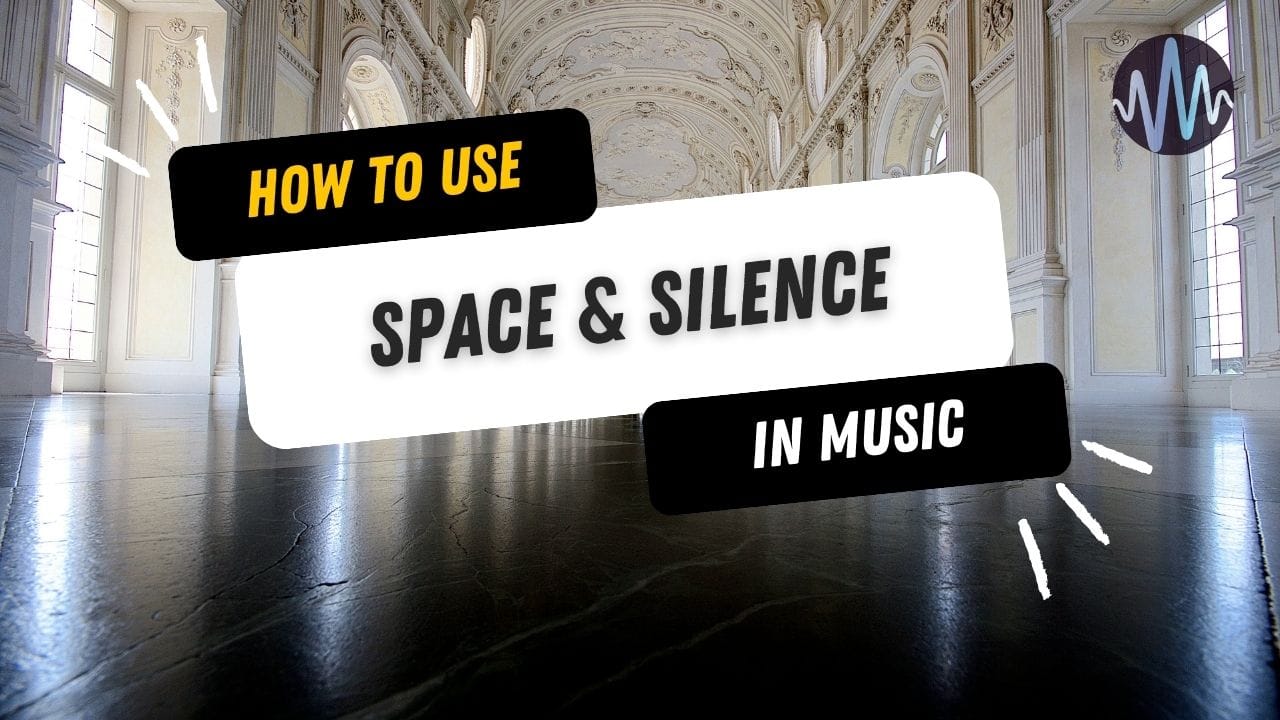
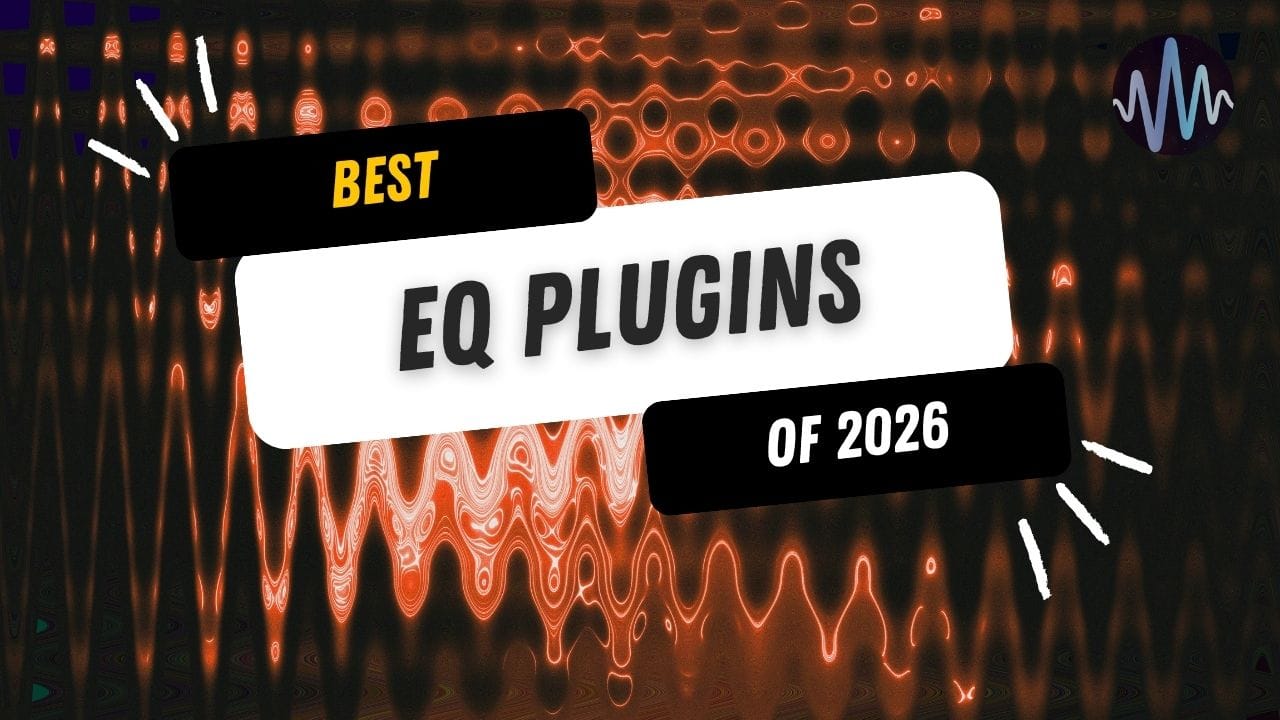
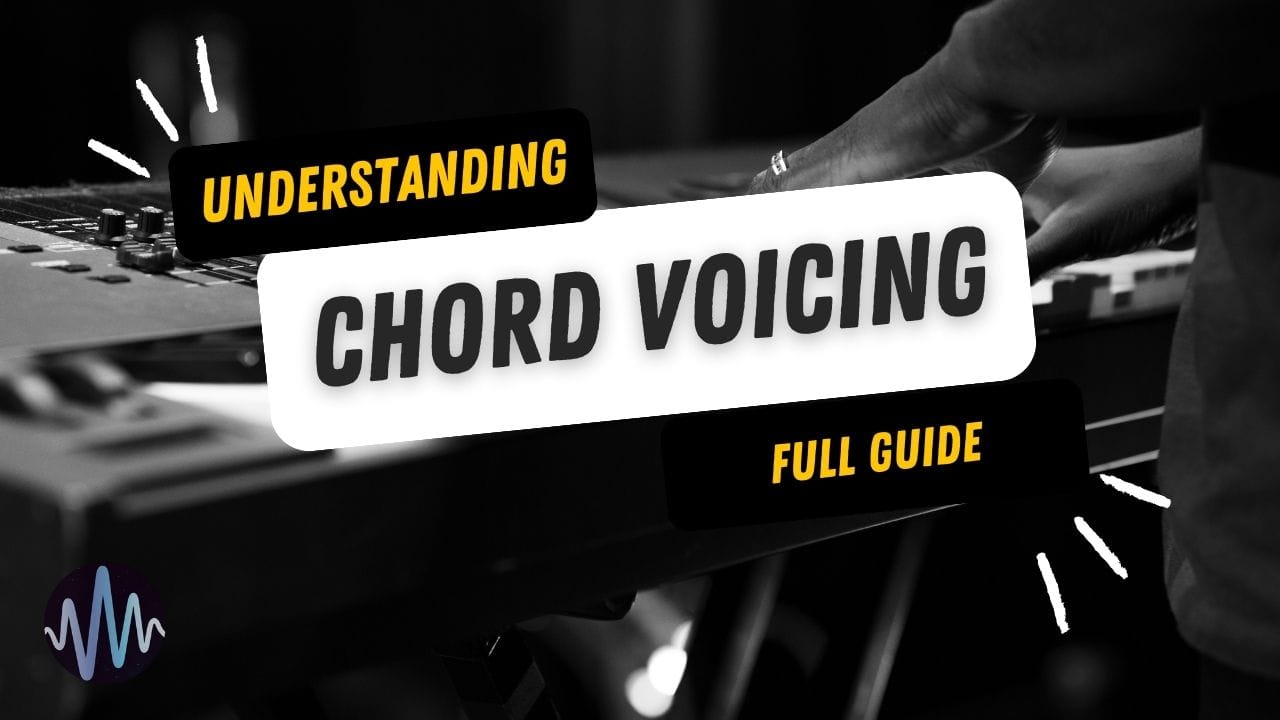
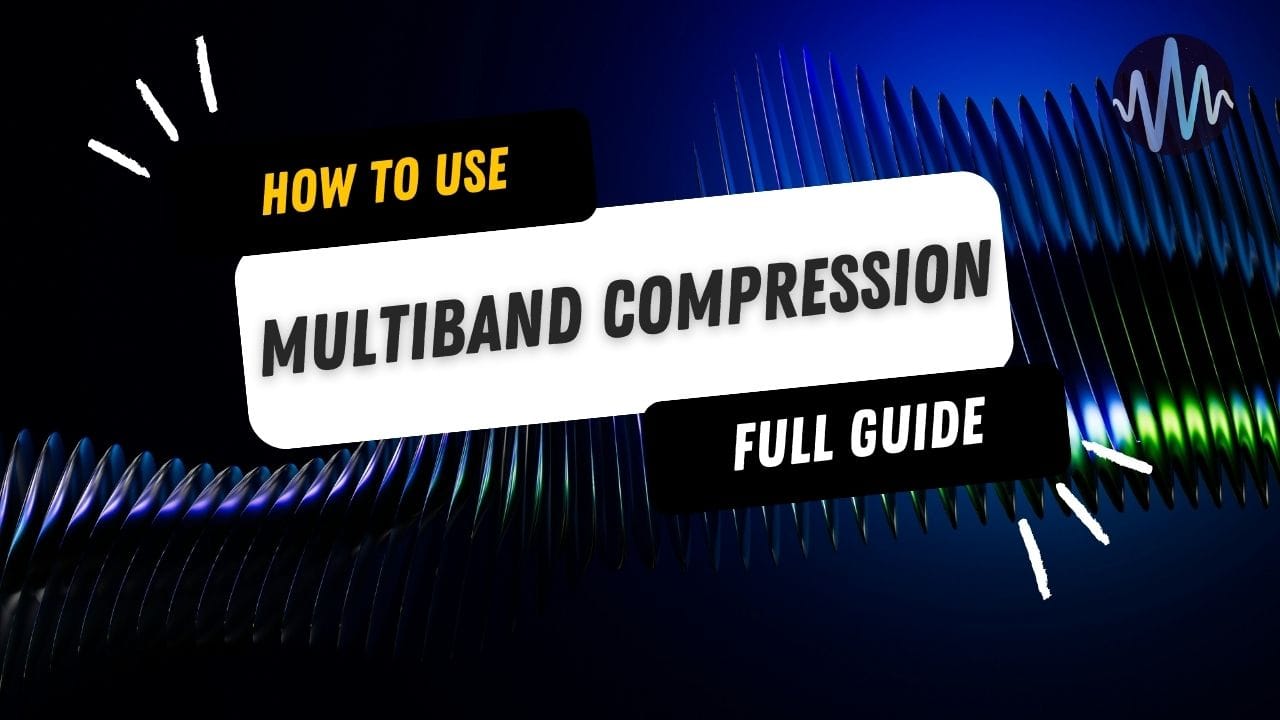
Comments